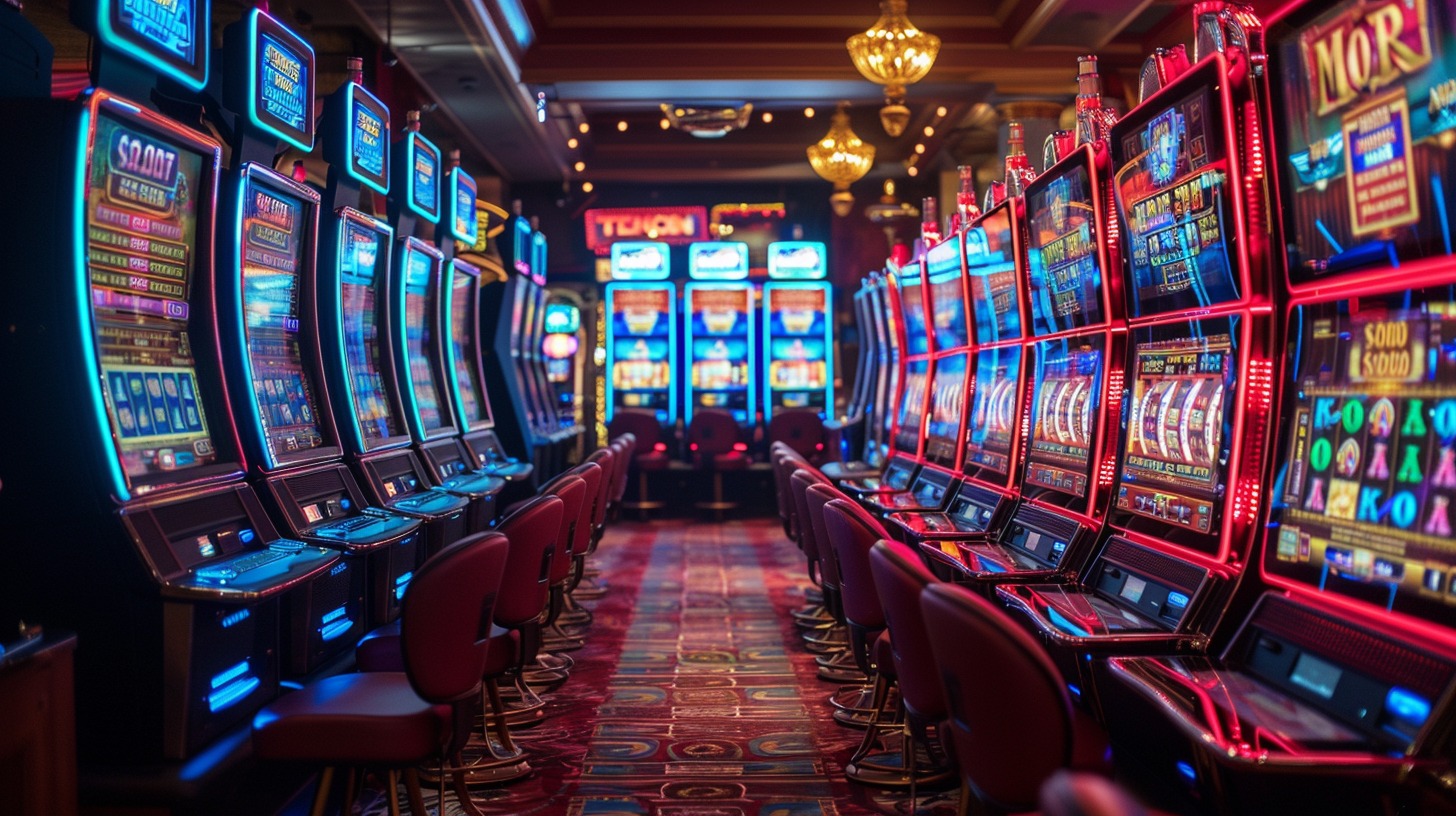For centuries, casinos have remained the epitome of luxury, offering elegant halls filled with the glitter of roulette and the clinking of coins.
But with the advent of the digital age, these traditional gambling establishments are undergoing a peculiar metamorphosis. The transformation from the physical to the virtual field has become a key element of the modern gambling industry. Online casinos now occupy an important place in the entertainment world, offering accessibility and variety unattainable by their predecessors.
The following short review will dive into the history and technology behind this transition, showing how classic casino games have been transformed for the digital age and how they coexist with projects like the JetX game.
History of traditional casino games
Before diving into online casinos, it’s worth looking at their origins. Plays like roulette, blackjack, and poker have a rich history, from their origins in the halls of aristocratic houses to their popularization in Las Vegas and Monaco casinos. These games were not just a way of entertainment but a form of social interaction where a player’s skill and strategy could bring luck and prosperity.
In classic casinos, each type of gambling had its unique ritual. The roulette wheel spun with hypnotizing precision, and card games required luck and the ability to read the opponent. The casino atmosphere was filled with anticipation for each next move, and the interaction with dealers and other players added a social element, making each game special.
However, the greatest strength of these games – their ability to adapt and evolve – prepared them for their next big leap: the move into the digital age. This is where their evolution took place, which produced the development of the 1Win JetX game.

Technological revolution: from the real to the virtual
The transition from physical casinos to digital platforms was made possible by the rapid development of information technology. The first steps towards creating online casinos were made in the 90s when the Internet began to enter every home.
These first attempts were far from perfect: limited features, primitive design, and a limited selection of games. But every year, they became more sophisticated and interactive. Today, we can try out the JetX Demo Game risk-free to see what progress has been made.
Examples of adapting traditional games to an online format include passing on the basic rules and mechanics and adding new features. Online roulette, for example, has offered gamblers different variations not available in conventional casinos, and online poker has brought players from all over the world to the same table in a previously impossible way.
Features of online casinos
The transformation of traditional casino games into their online counterparts has been accompanied by changes in the game’s mechanics and visual and audio display. Online casinos try to recreate the feel of a real casino, using modern design and audio effects reminiscent of classic gambling halls. This helps to keep the spirit of gambling alive despite the lack of physical presence.
An important component of any online casino is the use of advanced technology. Random number generators (RNGs), like those at Jetx Betting Game, ensure that games are fair and unpredictable and that they meet the standards set for traditional casinos. In addition, some online casinos use live dealers to broadcast the game in real-time, making the virtual experience as close to the real thing as possible.
Security and game integrity are key aspects on which users’ trust in online casinos is built. This is achieved through reliable software, licensing, and regular audits. Upholding high measures of security and fair play is critical to maintaining the reputation and appeal of an online casino.
The social and cultural aspects of the transition

The transition of casinos to the online space has significantly changed the public perception of gambling. Whereas visiting a casino used to be perceived as a special event requiring a certain dress code and preparation, now access to gambling has become more low-threshold every day.
Internet casinos have made gambling available to a wide range of people, which has largely changed their social status. It is now a luxury attribute and entertainment accessible from anywhere in the world.
This transition has also affected the culture of gambling. Online casinos have become a platform for players from all over the world to share experiences and strategies. Forums and online communities dedicated to gambling have expanded the scope and depth of this culture.
Nevertheless, with the source of easily accessible online gambling, concerns about gambling addiction have also increased, necessitating stricter regulation and control by governments and organizations.
The future of online casinos
Given current technological trends, the future of online casinos seems bright and full of innovation. The expansion of virtual (VR) and augmented reality (AR) capabilities could completely change the perception of online gambling, offering an even more in-depth experience that won’t be much different from being in real-life halls.
These technologies could bring online and real casinos closer together, allowing players to experience the atmosphere of a real casino without leaving their homes.
Artificial intelligence and machine learning are predicted to play an important role in developing online casinos, making games more personalized and interesting. However, this is already happening now. It’s easy enough to see for yourself. It’s worth just JetX Game Download. AI can be used to create smart gaming strategies, analyze player preferences, fight fraud, and secure the gaming process.




